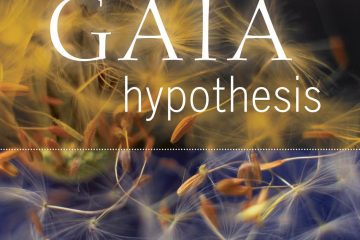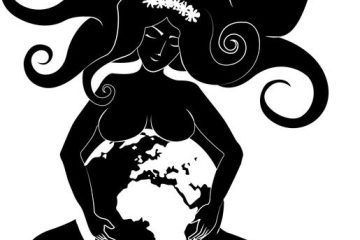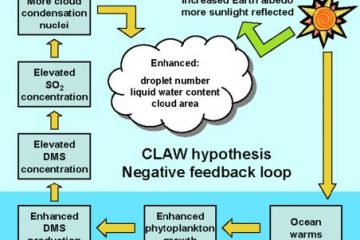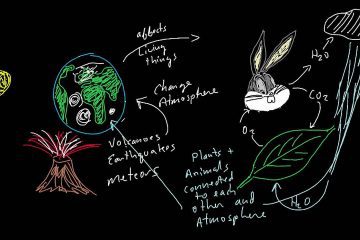James Lovelock
james lovelock the living earth
James Lovelock, the visionary scientist, introduced the concept of Gaia, proposing that Earth functions as a single, self-regulating organism. His pioneering ideas challenge us to reconsider our relationship with nature and the fragile tapestry of life it sustains.






